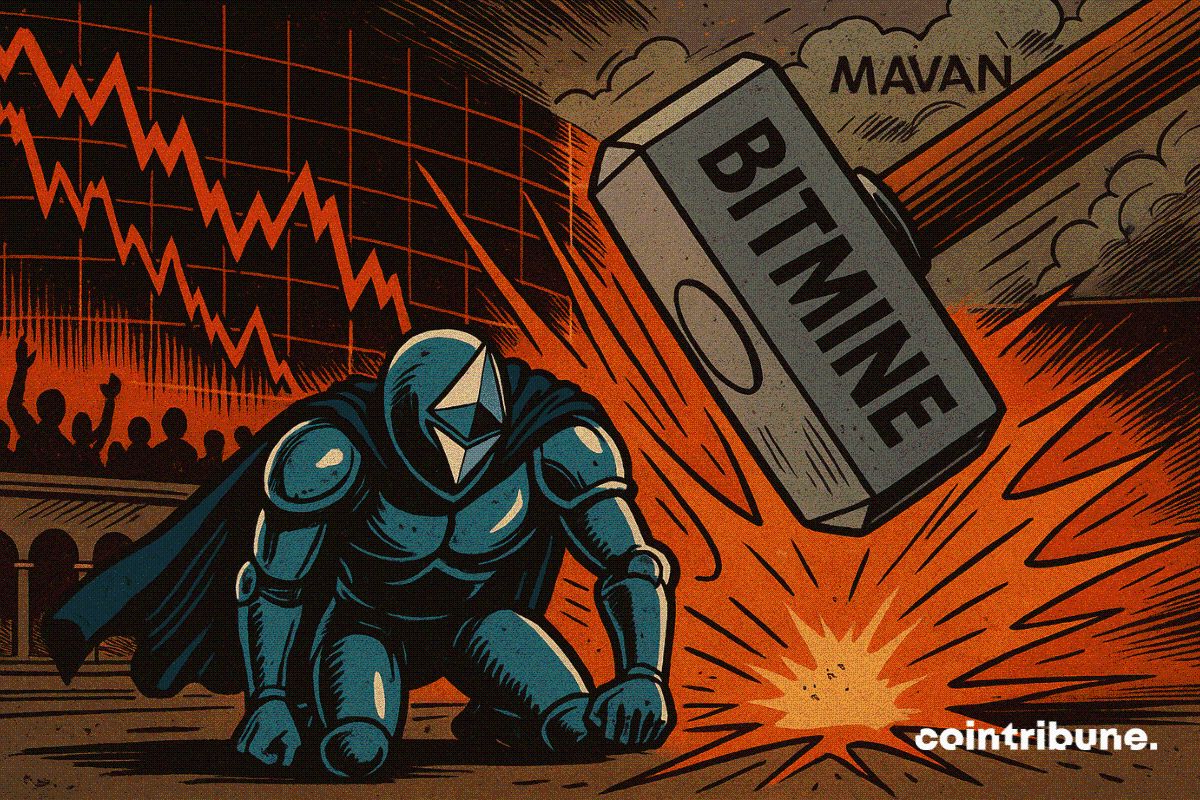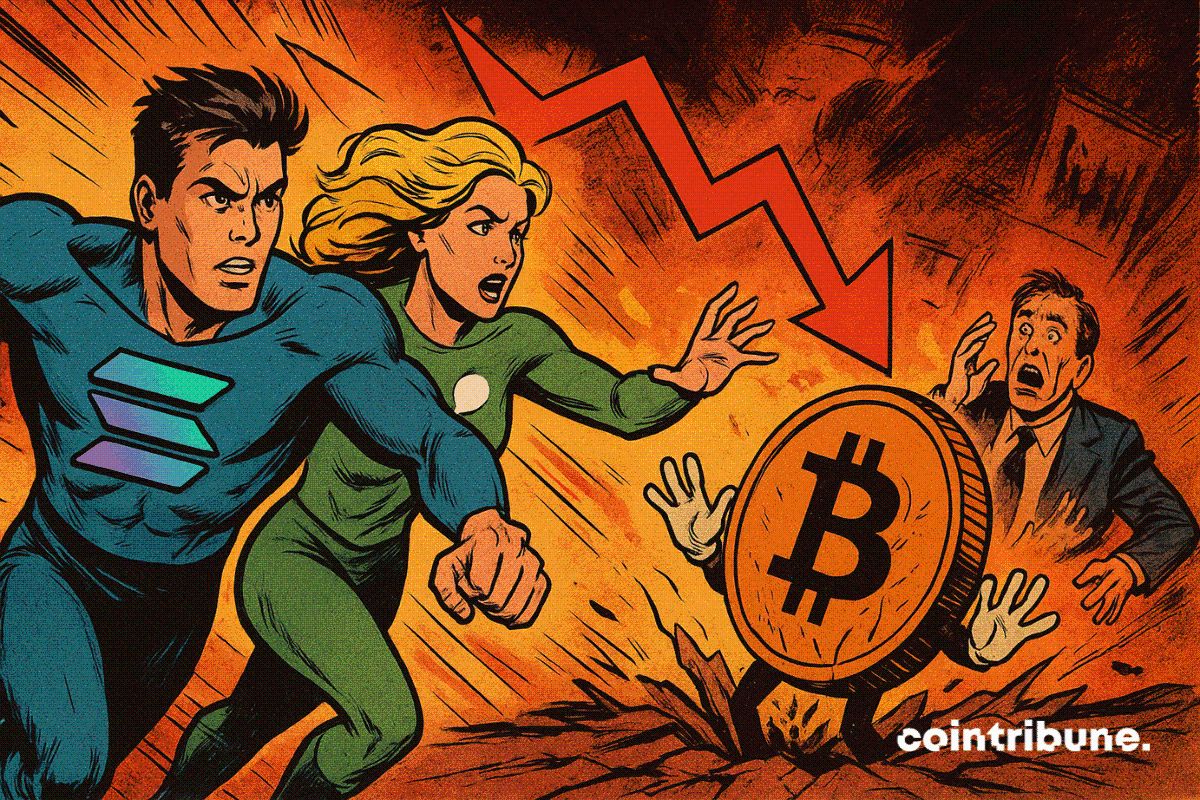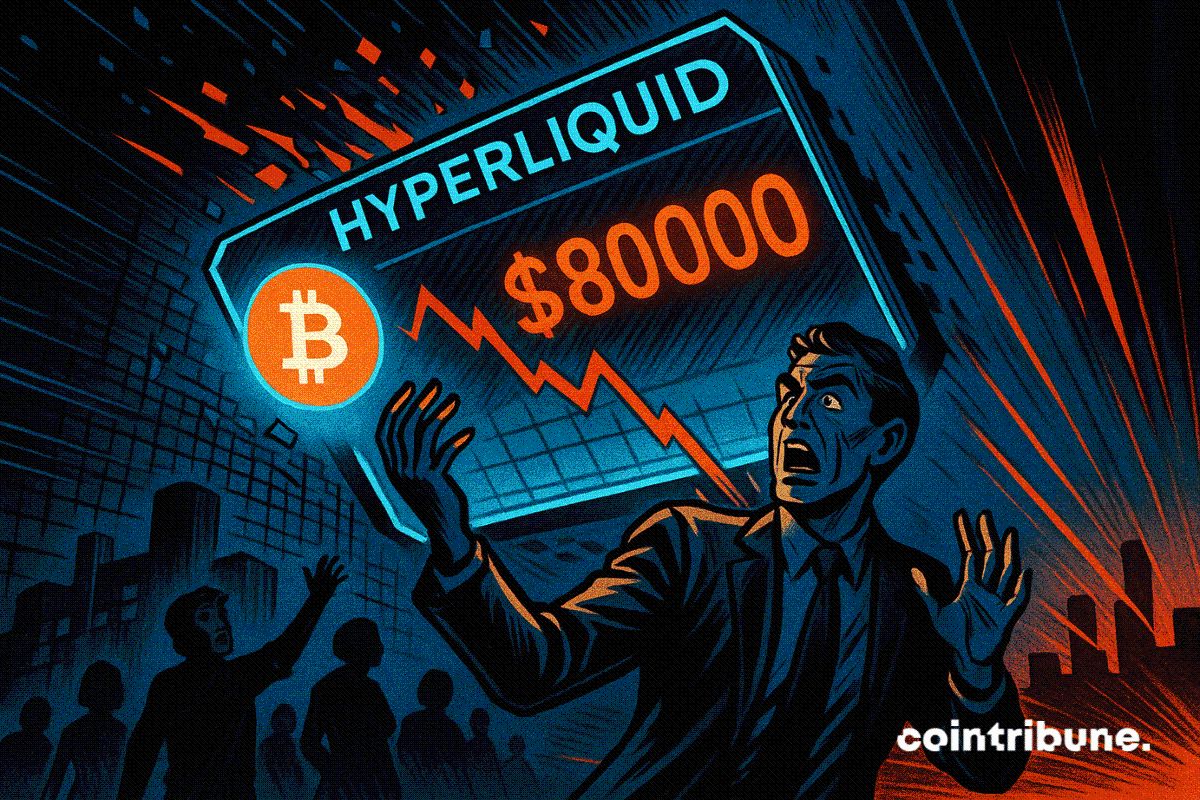PancakeSwap Launches CakePad, Promises Early Access to New Tokens
- PancakeSwap introduces CakePad without staking or locks
- Participation fees will be 100% burned
- Initiative is part of the CAKE Tokenomics 3.0 deflationary plan
PancakeSwap, the largest decentralized exchange (DEX) on the BNB Chain, announced the launch of CakePad, a new platform focused on early access to new tokens. The feature allows users to participate in initial sales without staking, locking tokens, or completing complex steps, offering a simplified and inclusive experience.
CakePad is an evolution of the old Initial Farm Offerings (IFO) format, now revamped to expand investor reach and eliminate barriers to entry. According to PancakeSwap, any user can "pledge CAKE" during the sale period and subsequently claim the newly listed assets. This change replaces the previous model, which required multiple eligibility requirements and liquidity locks.
The initiative follows a growing trend among DeFi platforms and centralized exchanges, which have been offering pre-listing mechanisms. Binance Launchpad, Launchpool, and the Alpha program are examples of projects with similar structures. However, CakePad aims to stand out by operating non-custodially and without requiring token lock-ups, preserving investor autonomy.
In a statement on social media, the PancakeSwap team summarized the proposal: "No staking. No lockups. Just commit CAKE and claim new tokens." The DEX also confirmed that 100% of the participation fees collected from sales will be permanently burned, integrating the project's deflationary tokenomics strategy.
More CAKE utility. More CAKE burned. 🔥
Welcome to CAKE.PAD (Formerly IFO), get exclusive early access to new tokens before they hit exchanges.
No staking. No lock-ups. Just commit CAKE and claim new tokens.
— PancakeSwap (@PancakeSwap) October 6, 2025
Another unique feature introduced by CakePad is the "equitable and tiered subscription tax," applied in cases of excess demand. This mechanism adjusts the fee based on the level of overcrowding, making the distribution more fair and proportional among participants.
The launch is part of CAKE Tokenomics 3.0, a long-term plan aimed at reducing the circulating supply and strengthening the native token's utility. PancakeSwap estimates annual deflation of around 4% and plans to reduce the total supply by up to 20% by 2030 through continuous buybacks and burns.
Recently, the DEX also stood out in the market by registering US$79,8 billion in spot volume, solidifying its leadership position in the DeFi sector even amid the slowdown in global cryptocurrency trading.
Disclaimer: The content of this article solely reflects the author's opinion and does not represent the platform in any capacity. This article is not intended to serve as a reference for making investment decisions.
You may also like
Staking Ethereum: BitMine's Ultimate Plan to Survive the Market

Solana and XRP ETFs resist as Bitcoin faces record withdrawals

Brutal Correction Hits Speculative Crypto Sectors

Bitcoin Crashes to $80K on Hyperliquid as $2B Liquidations and Retail Selling Pressure Mount

